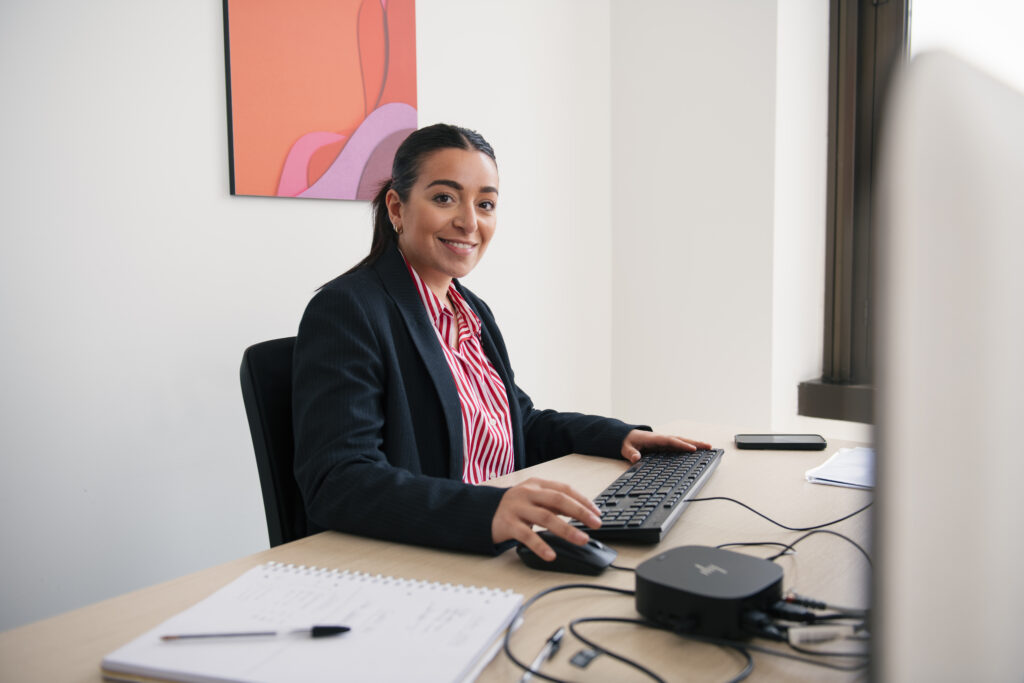
Innovation and Collaboration. The recipe for CELAB-Europe by Fernando Giron, Marketing Director of Fedrigoni Self-Adhesives
Converting an industrial sector to circular economy principles and accelerating the adoption of innovative processes, materials and products requires the involvement of many companies, throughout the entire value chain. It requires a collaborative and open approach, where discussion of shared goals becomes a driver for change.
CELAB (Circular Economy for Labels) is a consortium founded by several companies in the global self-adhesive label industry with the goal to create a sustainable pressure sensitive labeling industry by offering solutions and providing education to enable matrix and liner recycling.
In 2020, CELAB-Europe was born with the main goal to achieve circularity of at least 75% of the materials used in Europe by 2025. Fedrigoni, through Fedrigoni Self-Adhesives, is a founding member of the European branch of CELAB.
Currently, CELAB-Europe has already involved more than 30 members, and among its most recent achievements has been the launch of an interactive map, where one can track validated suppliers for the collection and/or recycling of used liner and matrix materials in Europe. The map can be filtered by country, type of service and material: an effective digital tool for companies looking for partners and solutions to make their business model more circular.
Fernando Giron, Marketing Director of Fedrigoni Self-Adhesives, recently became the president of CELAB-Europe and, according to CELAB’s governance principles, he will remain in office for the next 6 months. We asked him to share his views on the challenges facing CELAB-Europe.
CELAB-Europe has set a goal of achieving 75% circularity by 2025, which is rapidly approaching. Where are you at? What are the most challenging barriers?
We are working hard and on different levels -organizational, technical, and informational. The situations are different for liner and matrix, though. For liner, the main challenge is to make label users aware that used liner can be recovered through special collection systems that are already in place in most countries. CELAB is starting to communicate more and more directly with the entire supply chain, leveraging its network (members and partners) to educate and inform. The interactive map, launched in April, is a great tool to inform everyone about the available solutions. The other challenge is volume fragmentation, which makes it difficult to collect used liner when quantities are small. Therefore, CELAB is working to expand the network of collection partners, involving small local suppliers and researching the creation of hubs, such as through label converters. CELAB is also exploring whether paper liner can be recycled with mixed paper streams in some countries. For the matrix, on the other hand, the challenge concerns the technical aspect. CELAB-Europe is examining the different technologies and companies involved in recycling to recover different types of matrix: paper-based, PP (polypropylene), PE (polyethylene) and matrix made from a mix of materials.
What role does innovation play in the transformation of the adhesive label supply chain?
A crucial role. Innovation underpins the new self-adhesive materials of the future. From reduced thicknesses to decreased raw material and energy used in the production process, to papers and films made with recycled content. From a single-material approach to facilitate recycling of the entire packaging, to solutions that ease recycling according to existing protocols for different plastics. This supports local recycling programs and thus circular economies in each country.
What are the current commitments and projects for CELAB -Europe?
In addition to those mentioned above, an important ongoing project is monitoring the volumes of recycled liner to measure progress in this regard. A reference document summarizing the regulatory situation concerning liner and matrix and their recycling in Europe is being created. CELAB is working with several partners to find additional entities capable of recycling liner, both in glassine and PET, and matrix.
What contribution and experience does Fedrigoni Self-Adhesives bring to CELAB?
The strength of its experience, innovation and widespread presence in Europe.
Fedrigoni is a global player in both the production of specialty papers for luxury packaging and other creative applications and in premium labels and self-adhesive materials. Our Group has invested heavily in the adoption of cutting-edge technologies that enable the recyclability of materials and the production of products with high recycled content. This is why Fedrigoni Self-Adhesives brings a fundamental contribution to the pursuit of CELAB-Europe’s goals, which require the involvement and collaboration of the entire supply chain.










